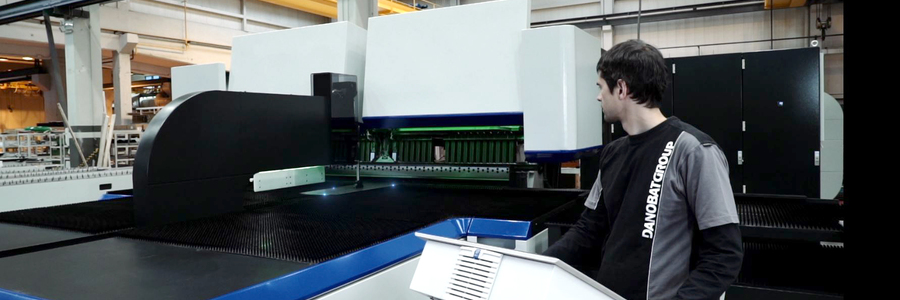Own development model for Integrated Management of Technological Innovation.
Basic foundations for the digitization of cutting processes based on an in-depth knowledge of manufacturing technologies

The evolution of materials used for vehicles in the automotive, aeronautics and railways sector makes it necessary to adapt the means of production. This is especially true for the metal sector which has seen a shift from using mainly steel to lines where hybrid and flexible processing of materials is becoming the main trend.
These megatrends have also impacted the Basque industrial fabric. Hence, the new machine tools, whose sector will be the main beneficiary of the results of the DIGICUT project, must be increasingly flexible and dynamic to changes in production and must have the capacity to process the most resistant materials of the latest generation. Therefore, fundamental knowledge of production processes, adaptive controls and industry 4.0 are key technologies for our companies.
FAGOR ARRASATE and the DANOBAT group, two of the main machine tool companies in the Basque Country, are aware of this drastic change in production means, and have come together to launch the fundamental project of low TRLs DIGICUT, in which their respective research centres, KONIKER and IK4-IDEKO, and the UNIVERSITY of MONDRAGON will collaborate to establish the basic foundations for the digitisation of cutting processes based on an in-depth knowledge of manufacturing technologies.
The main challenge of the project is to prove that digitization and intelligent control based on the fundamental characterisation of manufacturing processes have the capacity to increase the OEE (Overall Equipment Effectiveness) of production machines that must process state-of-the-art materials unknown to companies.
In the project, a fundamental characterisation of the mechanical and laser cutting processes will be carried out and numerical models (analytical and finite element models) will be developed to predict changes in process parameters. In this phase, the prototypes/test cells developed on a laboratory scale and equipped with sensors for monitoring are the main novelty together with the Hopkinson bar test bench that will be built for the characterisation of materials at extreme deformation speeds (this will be the first installation of this type in the Basque Country).
Based on the use of these numerical models, small and fast models will also be developed to design closed-loop controllers based on models. Unlike classic closed-loop controllers, these new models have the ability to predict their evolution and make estimates, for example, of maintenance based on the estimated condition of the tool (condition base maintenance).
Finally, new techniques will be developed for digitizing and monitoring cutting tool and laser cutting processes. These sensors form the eyes for model-based control and are the third fundamental axis of the overall project.